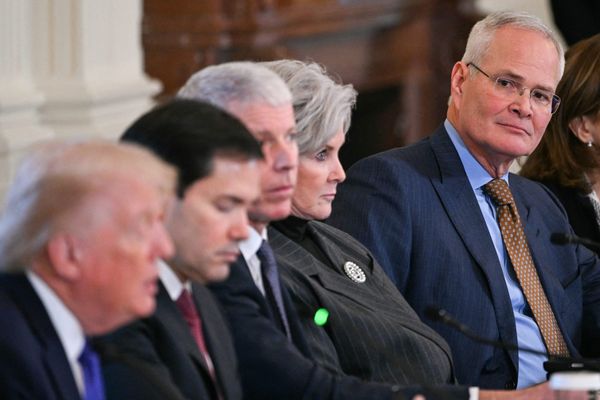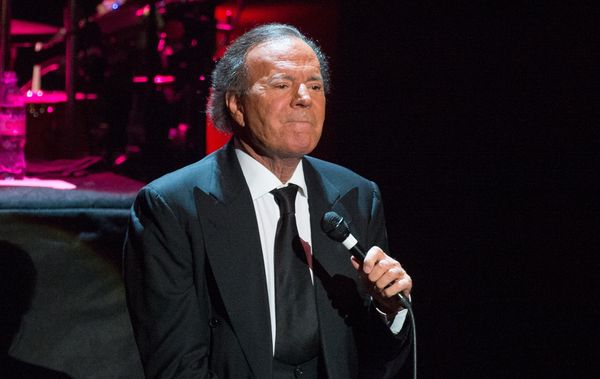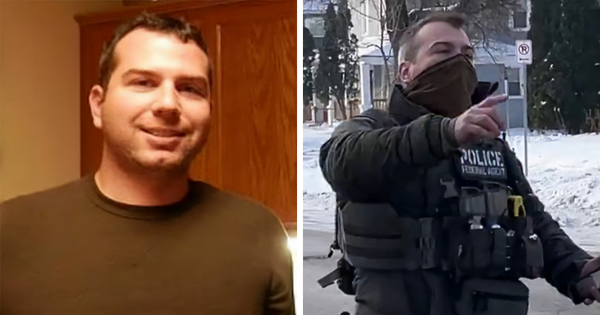
On 10 August it was revealed that five Al Jazeera journalists were killed in a targeted strike by Israel on al-Shifa Hospital near Gaza City. The Committee to Protect Journalists has said that 186 journalists were confirmed as killed since the start of Israel's military offensive in Gaza in October 2023.
Irene Khan, a United Nations special rapporteur on freedom of expression, in July described a "growing evidence that journalists in Gaza have been targeted and killed by the Israeli army on the basis of unsubstantiated claims that they were Hamas terrorists".
And at the end of July, the outgoing board of the Agence France Presse (AFP) Journalists’ Association put out a harrowing statement. Their colleagues in Gaza were dying, they said. Not from bombs or bullets, but from starvation.
“Since AFP was founded in August 1944,” the statement read, “we’ve lost journalists in conflicts, we’ve had wounded journalists and prisoners in our ranks, but none of us can remember seeing a colleague die of hunger.”
Their words are not hyperbolic. From across Gaza, the last remaining journalists are crying out in despair. “I’m drowning in hunger, trembling in exhaustion, and resisting the fainting that follows me every moment,” Al Jazeera’s Anas Alshariff, who was tragically one of the five killed by IDF forces on 10 August, wrote on X at the time. “We stand in front of the camera trying to look stable, but the truth is that we are falling apart inside.”
Several correspondents have collapsed live on air. At the end of July, the BBC joined international news wires Reuters, AFP and AP in warning that their staff in Gaza were increasingly unable to feed themselves or their families.
Israel clearly understands that reporters puts a human face on war. Why else would it seek to silence the press?
Hunger is just the latest in a string of horrors used to silence journalists in Gaza. Israel has killed almost 200 Palestinian journalists since the war began in October 2023, at least 46 of whom were directly targeted by strikes or gunfire while doing their jobs. Israel has destroyed their offices, denied them essential medical evacuations, spread lies to discredit them, and prevented organisations like ours, Reporters Without Borders (RSF), from sending them vital equipment like flak jackets, batteries or phones.
Like all civilians trapped in Gaza, the enclave’s journalists have been repeatedly displaced, and denied access to food, water and sanitation. They have lost family members, colleagues, friends. The sacrifices they have made are beyond comprehension.
Yet through it all they have continued to work, understanding the grave importance of their role as the only professional reporters to bear witness on the ground. War reporters don’t just produce pictures and words: they gather and disseminate reliable, independent information about attacks, casualties, and human rights abuses.
They are the best line of defence against propaganda which comes from all sides. And, perhaps most powerfully of all, they put a human face on war, helping those of us outside Gaza to understand the impact of 20 months of brutal conflict – its unfathomable grief, its physical devastation. They tell a story of war beyond the numbers. And as history has shown, it is often that human story which eventually breaks through, shifting public opinion and corralling governments towards interventions or policy shifts that are long overdue.
Israel clearly understands that. Why else would it seek to silence the press? Alongside its calculated targeting of journalists in Gaza, Israel has increased its repression of journalists in the West Bank, introduced new laws to throttle journalism it does not like, pressured Israeli media critical of the war, and – perhaps most tellingly - banned foreign journalists from independently entering Gaza. The international press has been clamouring to get in, to relieve the burden on Palestinian reporters and see for itself the crumbled state that Gaza is in. But Israel knows too well the value of narrative control.
For organisations like RSF, documenting Israel’s war on journalists in Gaza has been like nothing we’ve experienced before. For 20 months, we have investigated deaths and injuries, struggled to get wounded journalists out of Gaza to safety, or protective equipment and essential resources in. We have filed complaints to the International Criminal Court about suspected Israeli war crimes, done countless media interviews, and held numerous meetings with politicians, begging them to care.
If we abandon the brave journalists of Gaza, who will be left to tell the tale?
At times, it has felt like screaming in the dark. Often it is the Gazan journalists we work with who inspire us: their relentless commitment to reporting the truth, their deep belief in the value of their reporting. Now we are watching them starve, it is almost too much to bear.
But, as the AFP statement said, we refuse just to let them die. Because this is not just a story about journalists. It is about people, everywhere – including you, as you read this column - having the right to access impartial news. It is about the right of innocent Gazan civilians to have their voices heard.
Once again, we call on Israel to immediately open its borders to humanitarian aid, and to independent reporters. And we will not abandon the brave journalists of Gaza. For if we do, who will be left to tell the tale?
Fiona O’Brien is the UK Director of Reporters Without Borders







